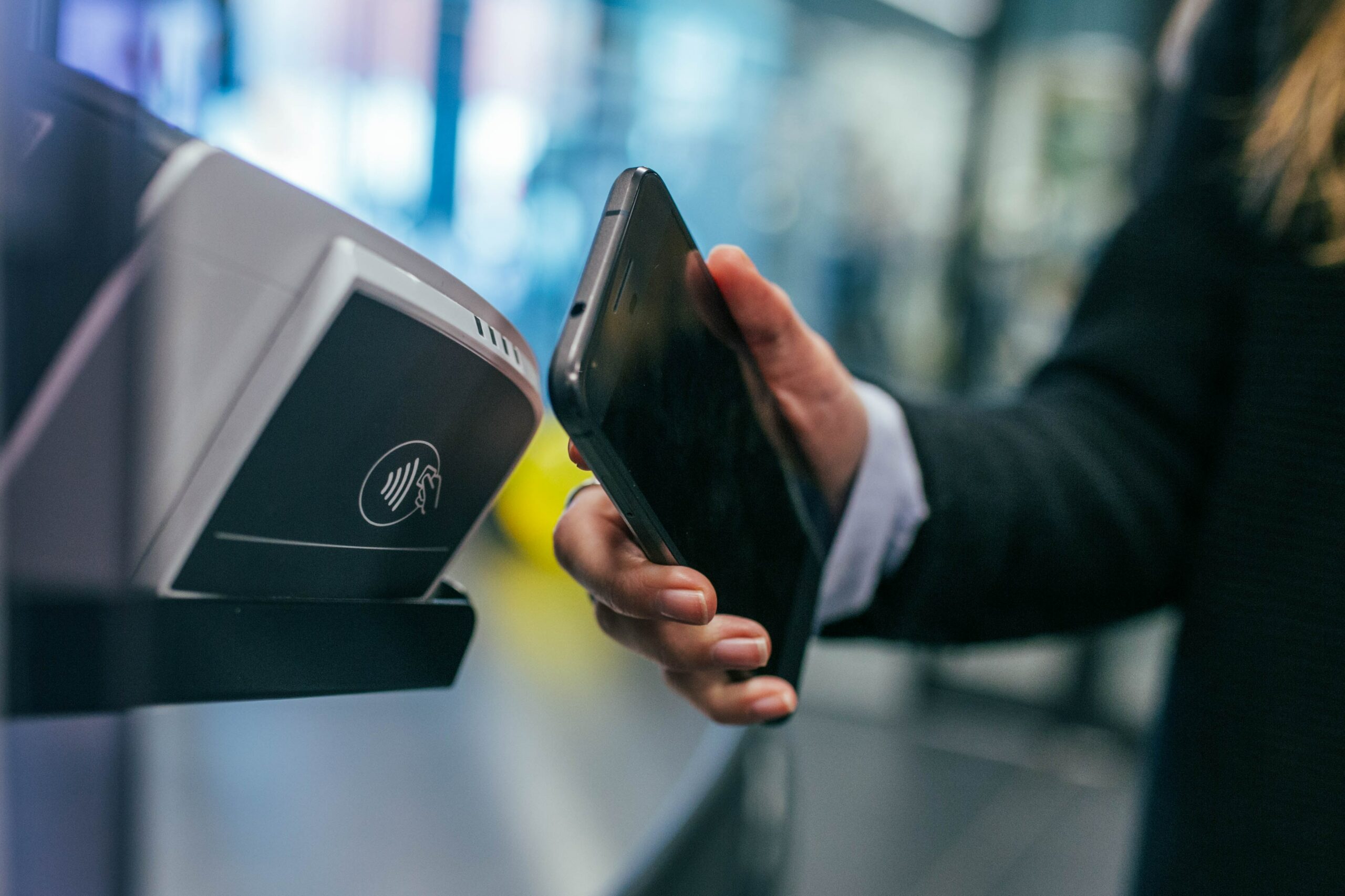Worldline, the French group that bought Ingenico payment terminal solutions in 2020, will sell its business to an American investment fund. The specialist based in Bezons in the Val-d'Oise has just announced it by way of a press release in which we have just learned that exclusive negotiations were taking place and that the sale is preparing for the second half of 2022.
This news was expected by shareholders, while the Worldline share, on Euronext, had been standing still since 2020, even falling by nearly 50% since July 23, 2021. The sale of payment terminals inherited from the sale of Ingenico is a new episode of another French empire left in the hands of the Americans. A symbol, too, of a competition that has become predominant among technology companies like Apple.
A French empire
Ingenico, Worldline… these devices have been installed with most merchants in recent decades and the two French companies have made it possible to place France as the leader in physical products for payment by bank card. Placed in the shadows, unlike PayPal or Visa, you nevertheless use its services without knowing it. Most of the terminals you have used in your life come from one of these two companies…
In figures, in 2019, Ingenico still represented 40% of the market share for point-of-sale devices. The number of devices in circulation stood at 300 million, with more than 550,000 customers, 330 payment methods accepted and more than 1,000 banks. Ingenico, which Wordline bought for 7.8 billion euros in 2020, is present in 170 countries. After the operation, Worldline even became the world number 4 in digital payment.
Worldline stock over the past five years © Google
However, the activity was no longer profitable for the past two years – investors fearing the growing thrust of American competition. Worldline had lost almost 50% since mid-2021. In October last year, its results for the quarter were well below analysts' expectations, at just 960 million euros. In effect since the beginning of 2020, the feeling among shareholders that the payment activity was no longer as profitable as the other entities of the group.
“Some investors, notably the Anglo-Saxons, are still awaiting an announcement of the sale of payment terminals. This division is less profitable and shows less growth than the other entities of the group. The sale could restore the attractiveness of Worldline on the stock market”, explained a manager at Montpensier Finance, to the newspaper Les Echos in 2020.
Such a loss of momentum could not have come from a strategic error on the part of the group, but rather from a major change in the market. In parallel with the arrival of massive competition, the Apple shock. The apple brand, since its takeover of Mobeewave based in Montreal, Quebec, has created a shock wave. Its objective: to convert all of its iPhones into payment terminals, using NFC technology and an innovative solution.
“Tap to Pay on iPhone will provide businesses with a secure, private and simple way to accept contactless payments and unlock new payment experiences,” Apple announced in a statement at the time of the acquisition. "Tomorrow, there will no longer be a need for a terminal for a transaction to be secure, it will be done by software," said Samuel Manassé, the founder of Yavin, which develops this kind of software on Android, in a Capital article.
Ingenico and Wordline, already at the time, were not the only ones to fear this announcement. SumUp, Zettle (which belongs to PayPal) and their mobile TPEs, or Square's hardware and solutions could very quickly become obsolete too.
The Apollo fund and its reputation
The name of Apollo, an American investment fund, was already part of the noise in the hallway when the management of Wordline had made it clear that it did not wish to resell its activity to one of its competitors in the payment sector. . Moreover, “only funds will be able to put such a sum on the table”, said Emmanuel Farah, union representative of the CFTC within Ingenico Group, to the French economic daily.
Launched by billionaire Leon Black in 1990, Apollo has therefore become, since Monday, the preferred fund for the sale of the TSS (Terminals, Solutions and Services) payments activity. The takeover would concern 100% of the business and the amount of the offer is estimated at just under 2.3 billion euros. Much less than the 7.8 billion invested by Worldline in 2020…
From this fall in the valuation of French terminals, the Apollo fund could not turn a blind eye. It must be said that he built his popularity around his takeovers of companies in decline. Its investments have not always been governed by this logic, but in an article, a Bloomberg journalist summed up the success of the Apollo fund thus: “buying at very low prices companies in difficulty, with a lot of debt and then imposing measures of drastic austerity”.
With Worldline, we should therefore expect significant changes in the offer and strategy, with a priority on software rather than physical media.



